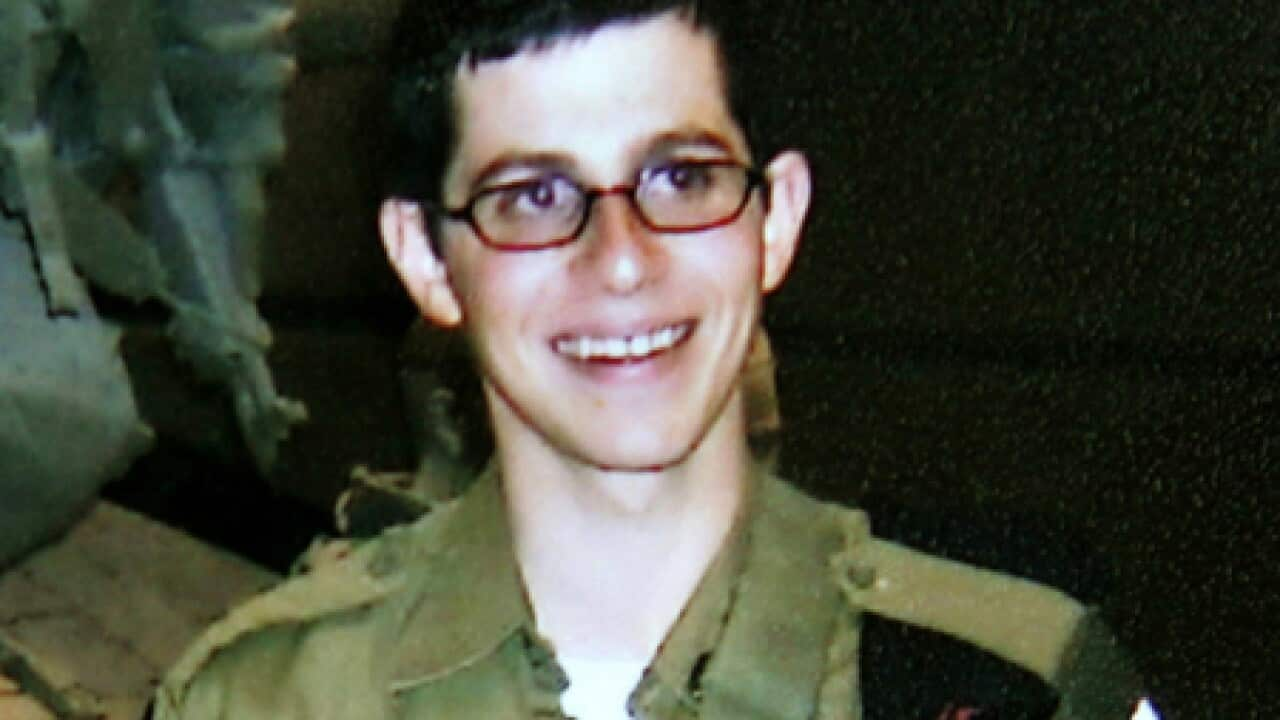Israel is ready to release 1,000 prisoners to secure the release of soldier Gilad Shalit but will not pay an unlimited price, Prime Minister Benjamin Netanyahu said on Thursday.
"The state of Israel is willing to pay a heavy price for the release of Gilad Shalit but we are not able to say it will be any price," he said.
Netanyahu made the announcement on Shalit in the face of mounting pressure from the Israeli public to secure Shalit's release.
On Sunday, Shalit's family along with thousands of supporters, began a 12-day march from northern Israel to Jerusalem in a bid to put pressure on the government.
Netanyhau said he was willing "to release a thousand prisoners" to secure the soldier's freedom as part of a prisoner swap deal with Hamas, the Islamist rulers of Gaza.
"That is the price that I am willing to pay for the release of Gilad Shalit," he said in a televised address some four years after the soldier was snatched by Hamas in a cross-border raid.
Israel baulks at some Hamas demands
Hamas wants Israel to release hundreds of prisoners, including several top militants responsible for killing scores of Israelis, but Israel has balked at some of the more notorious names on the list.
"The decision to release prisoners is difficult and complicated," insisted Netanyahu, arguing that many prisoners freed in earlier swap deals over the past 25 years had carried out further deadly attacks after being released.
"We're not just talking about saving people, we're talking about endangering people," he said.
Talks have collapsed previously
Talks with Shalit's Hamas captors collapsed late last year when Israel offered via a German mediator to release around 1,000 prisoners. But Hamas never formally responded, and both sides have since blamed each other for the stalled talks.
In response to Netanyahu's speech, Hamas said it had not received any new offer from Israel over Shalit, but was ready to restart indirect negotiations, which it said Israel had tried to sabotage.
"We have no objection to restarting negotiations at the point where they finished," spokesman Fawzi Barhum told AFP.
"Netanyahu was trying to justify his refusal to finalise the deal brokered by the German mediator, for which the occupation government bears full responsibility," he said.
Last week, Israel marked the fourth anniversary of Shalit's capture.
Following Netanyahu's speech, Shalit's father Noam accused Netanyahu of "regurgitating" the excuses of the previous government that also failed to secure his son's freedom.
Frustrated by the lack of negotiations and angered by the government's move to ease the siege on Gaza, he demanded that Netanyahu take the difficult decisions needed to bring his son home.
"I call on you Prime Minister Benjamin Netanyahu, listen to the masses marching with us and draw the strength from them to make this difficult decision before it is too late."
Noam Shalit is planning on setting up camp outside Netanyahu's Jerusalem residence and has vowed not to return home without his son, who is now 23.









